It's good to be the king
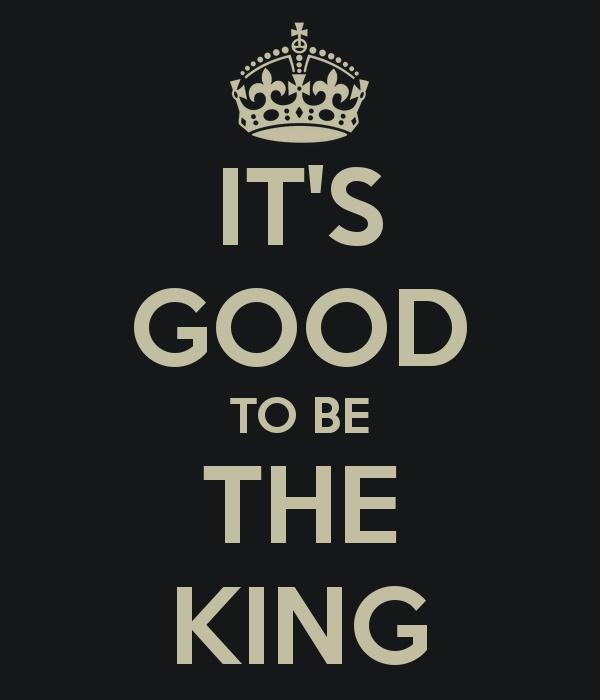
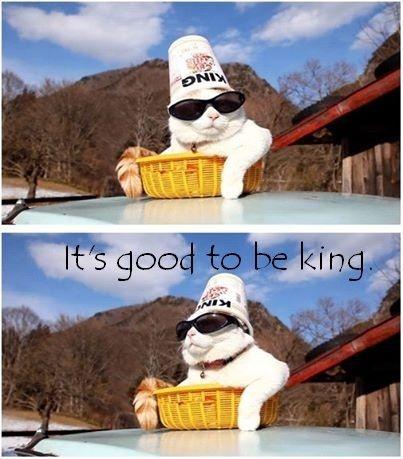
It's good to be the king
In the world of comedy, few names are as legendary as Mel Brooks. Known for his irreverent humor and satirical take on popular culture, Brooks has created some of the most iconic and beloved films in the history of the genre. One of his most famous works is the 1981 film "History of the World, Part I," in which he famously declared, "It's good to be the king."This line, delivered by Brooks himself in the role of King Louis XVI of France, has become one of the most quoted and memorable lines in the film. It perfectly encapsulates Brooks' unique brand of humor, which often skewers the pomp and circumstance of royalty and power. In the film, King Louis XVI is portrayed as a bumbling and clueless ruler, more concerned with his own pleasure and luxury than the well-being of his subjects. Despite his incompetence, he revels in the privileges and perks of his position, declaring "It's good to be the king" as he lounges in his opulent palace.
Brooks' portrayal of King Louis XVI is a perfect example of his satirical approach to comedy. By poking fun at the excesses and absurdities of royalty, he highlights the absurdity of power and privilege. In doing so, he invites the audience to question the legitimacy of authority and to consider the impact of unchecked power on society.
But beyond the humor and satire, Brooks' declaration that "It's good to be the king" also speaks to a deeper truth about human nature. Throughout history, rulers and leaders have often abused their power and exploited their positions for personal gain. The phrase serves as a reminder of the dangers of unchecked authority and the importance of holding those in power accountable for their actions.



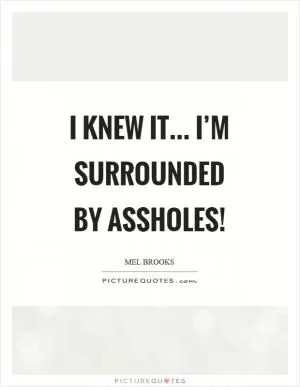
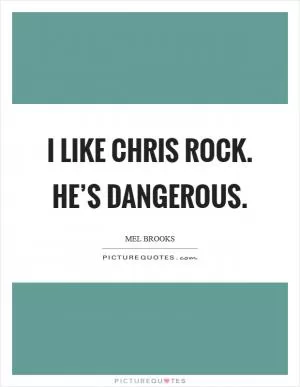
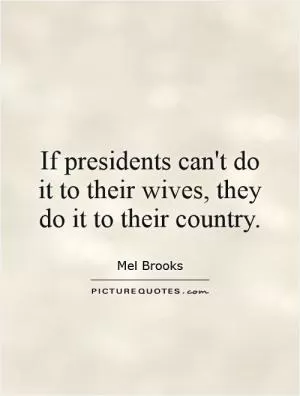
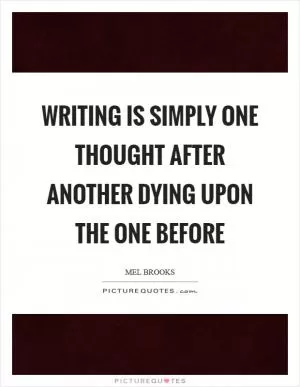

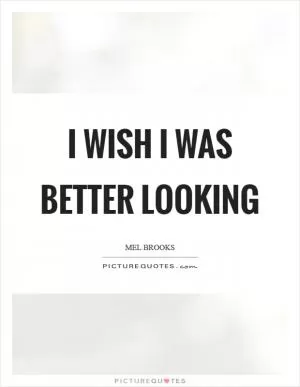



 Friendship Quotes
Friendship Quotes Love Quotes
Love Quotes Life Quotes
Life Quotes Funny Quotes
Funny Quotes Motivational Quotes
Motivational Quotes Inspirational Quotes
Inspirational Quotes